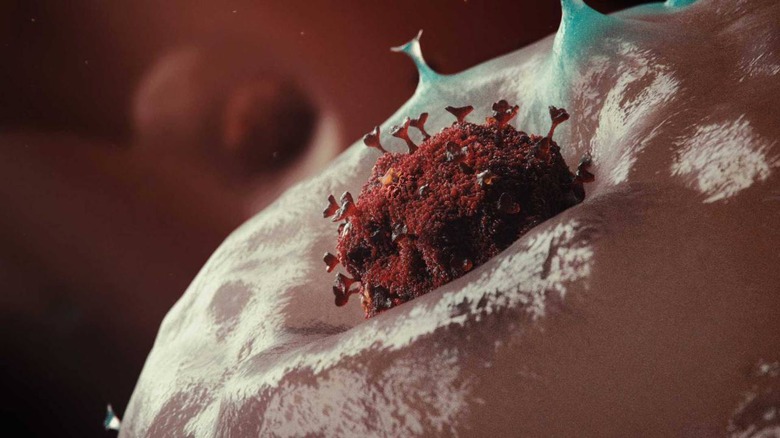US Coronavirus vaccine trial expands to second test location
A coronavirus vaccine study has expanded to a second location, with new volunteers for the potentially COVID-19-preventing injection being sought in Atlanta. The initial trial began earlier this month in Seattle, hoping that a new and experimental vaccine, mRNA-1273, could provide a fix to the spreading coronavirus pandemic.
mRNA-1273 is the handiwork of scientists at the National Institute of Allergy and Infectious Diseases (NIAID), working in partnership with biotechnology company Moderna, Inc. The Phase 1 clinical trial began earlier in March at Kaiser Permanente Washington Health Research Institute in Seattle, looking for 45 participants aged 18 to 55.
Those trial subjects are getting two vaccination sessions, followed by eight follow-up visits over the course of 14 months. The group is being split into three cohorts, with each of those being treated with different amounts in their injections. One group will get 25 micrograms (mcg) of mRNA-1273, another 100 mcg doses, and the final group 250 mcg doses.

Now, Emory University in Atlanta plans to enroll a second cohort as the Phase 1 trial expands its footprint. In total it's expected to amount to 45 participants spread across both sites. Emory and KPWHRI are both part of NIAID's Infectious Diseases Clinical Research Consortium.
"NIAID scientists and clinicians have been closely monitoring the outbreak of COVID-19 in Washington and throughout the United States," the Consortium said today. "They decided to expand the trial to another geographic area to ensure efficient enrollment."
Unlike traditional vaccinations, mRNA-based treatment doesn't involve injecting the virus itself. Instead, they introduce an mRNA sequence that has been coded for a specific disease antigen. That's intended to encourage the body's immune system to develop those antigens when it later faces the actual virus.
The NIAID trial is one of several efforts to develop a COVID-19 vaccine currently underway across the globe. In China, a pharmaceutical firm working with the military has begun trials of a different potential vaccine, while two other pharma firms – BioNTech and CureVac – are also looking into mRNA therapies.
Even if the trials seems successful, experts suggest we're still some way out from a vaccine that can be safely deployed in any widespread way. That could take 18 months, even if accelerated through the various phases of traditional testing. Initial data from the Seattle trial is expected within three months, though it's unclear at this stage how much use that will be.
